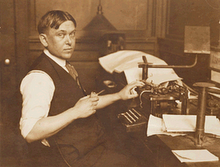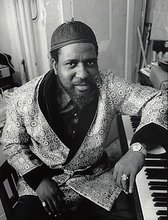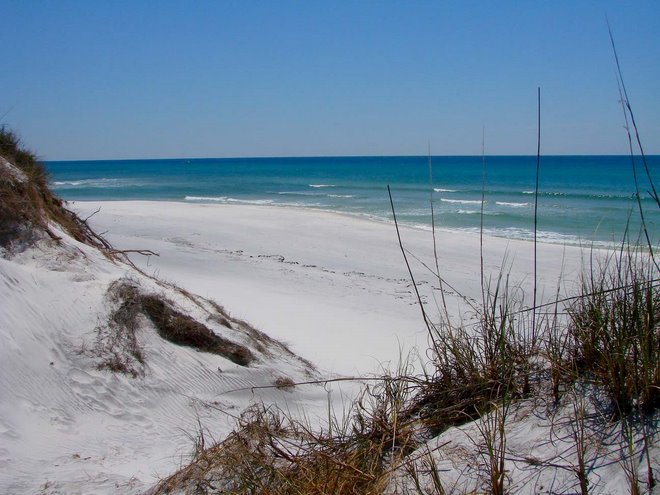
Francis Marion (the Swamp Fox)
A visiting friend asked what I thought about terrorism, because I imagine she was thinking that I'd HAVE to be against that. My reply: it depends on who is complaining about it. One man's terrorist is another's sacred national savior. In fact many establishment Jews & Romans during the ministry of Jesus in Palestine would have readily branded him as a terrorist leader. Mohammed was definitely a shit-disturber as were many of the Israelite patriarchs who preceded him. Rabble rousing is often a necessary prerequsite when seeking out a higher power.
I told my guest that since the gov-mint schools no longer taught American history, the young cheerin' ain't gwine learn that this country was founded by terrorists who defeated the British in the exact same way that the Iraqi "insurgents" are holding down 10 divisions of U.S troops, today as we speak. This little known national history inspired me to gather together a selection of blurbs about my favorite terrorists of the American Revolution for your reading pleasure.
I am grateful to my father for getting me interested in history at an early age, especially in the Revolutionary War.
Francis Marion (1732-1795)
When British forces captured Charleston in 1780, American troops pulled out of South Carolina. Francis Marion, however, stayed and organized a small force of poorly equipped men, training them in guerrilla tactics. Living off the land, Marion and his men harassed British troops by staging small surprise attacks and explosions in which they captured small groups of British soldiers, sabotaged communication and supply lines, and rescued American prisoners. After these attacks Marion withdrew his men into swamp country unfamiliar to the British. Colonel Banastre Tarleton, a British commander, gave Marion his nickname when he complained that it was impossible to catch the "swamp fox." Near the end of the war, Marion and American General Nathanael Greene joined forces. In 1781 they successfully fought at the Battle of Eutaw Springs and forced the British retreat to North Carolina.
Ethan Allen (1738-1789)
Allen spent a considerable portion of his life in the effort to achieve independence for what is now Vermont, commanding (1770-1775) an irregular force called the Green Mountain Boys, so named in defiance of the New York threat to drive Vermont settlers off the fields and "into the Green Mountains." The "Yorkers" at one point put a bounty of £60 on Allen's head, to which he responded by offering his own of £25 on any of the officials involved.
At the outbreak of the Revolutionary War (1775-1783) he led the expedition that captured Fort Ticonderoga in the first colonial victory of the war (notwithstanding the fact that he and the Boys basically knocked on the door, walked in and took over). Allen was no military genius, rather an overbearing, loud-mouthed braggart. He was also a staunch patriot who apparently did not know the meaning of fear. More importantly, he had the loyalty of the Green Mountain Boys, as unruly a bunch of marauding terroristic roughnecks as any in history. "He could control them better than anyone else, and they would follow him anywhere" George Washington would later write of Allen.
The North Carolina Regulators
During the years leading up to the American Revolution many North Carolina people became strongly discontented with the way the provincial government was handling the colony's affairs. However, their quarrel was not with the form of government or the colony's laws but with abuses by government officials.
Grievances affecting the daily lives of the colonists included excessive taxes, dishonest sheriffs, and illegal fees. Scarcity of money contributed to the state of unrest. Those living in the western part of the province were isolated and unsympathetic with the easterners and it was in those frontier counties that the War of the Regulation began.
Minor clashes occurred until the spring of 1768, when an association of "Regulators" was formed. Wealthier colonists considered them to be a mob. The Regulators never had an outstanding leader, though several men were prominent in the movement; including James Hunter, Rednap Howell, William Butler, and Herman Husband. Husband, a Quaker and follower of Benjamin Franklin, circulated political pamphlets advocating peaceful reform.
Discouraged over failing to secure justice through peaceful negotiations, the reformers took a more radical stand. Violence, lawlessness, and terrorism reigned. When the government retaliated against them, the Regulators defiantly refused to pay fees, terrorized those who administered the law, and disrupted court proceedings.
It fell to royal governor William Tryon to bring the backcountry revolt to a speedy conclusion. In March 1771, the governor's council advised Tryon to call out the militia and march against the rebel farmers.






No comments:
Post a Comment